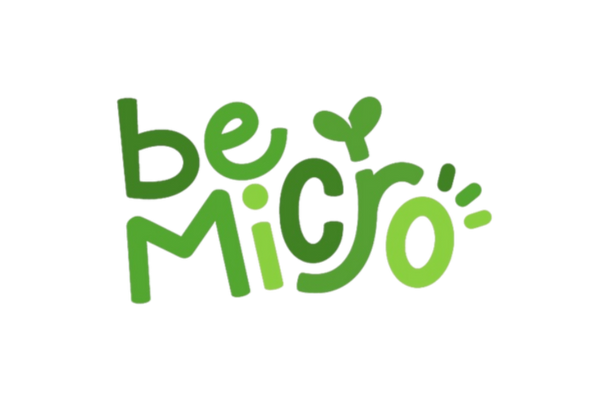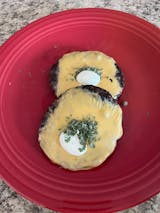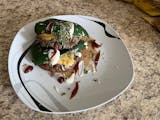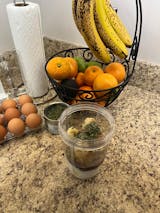Besides nutrients, many foods contain compounds that affect the body in specific ways. Some of these functional foods may help you sleep, while others will inhibit the body’s ability to fully rest.
Tryptophan (pronounced ‘trip-toe-fan’) is a good example. Foods that contain tryptophan help you sleep because they contain melatonin. Milk, bananas, nuts, honey, and eggs all contain tryptophan. Ever wonder why you feel tired after eating a hefty amount of turkey at Thanksgiving? Well, tryptophan is to blame!
Caffeine is a compound found in many beverages and several foods. We all know coffee contains caffeine, but you should be aware that even decaf coffee contains a little caffeine. If you’re sensitive to it, decaf coffee might be affecting your sleep. Caffeine is also found in a traditional bedtime drink–cocoa! Pure cocoa contains a lot of caffeine, so avoid drinking it in the evening and avoid dark chocolates. Many medications, like cold or flu pills, contain caffeine as well, so be sure to read the labels on all medication bottles.
Nicotine is found in tobacco products like cigarettes, chew, and snuff. Like caffeine, nicotine is a stimulant and will work against you if you’re trying to sleep better. Plus, nicotine is highly addictive and damaging to multiple body organs, so quitting smoking now will improve your health in myriad other ways.
Melatonin isn’t a bioactive compound like the ones we mentioned above, but it’s extremely important for sleep. It’s actually a hormone that helps control day and night bodily rhythms, and it’s produced in response to darkness. Eggs and fish naturally contain melatonin, as well as nuts.
Magnesium is a mineral that can be found as a supplement for aiding sleep, but it’s also found occurring naturally in plant-based foods. Many nuts and seeds contain magnesium–try a handful of walnuts, almonds, pumpkin seeds, or cashews before bed. Alternatively, spinach contains a lot of magnesium.










